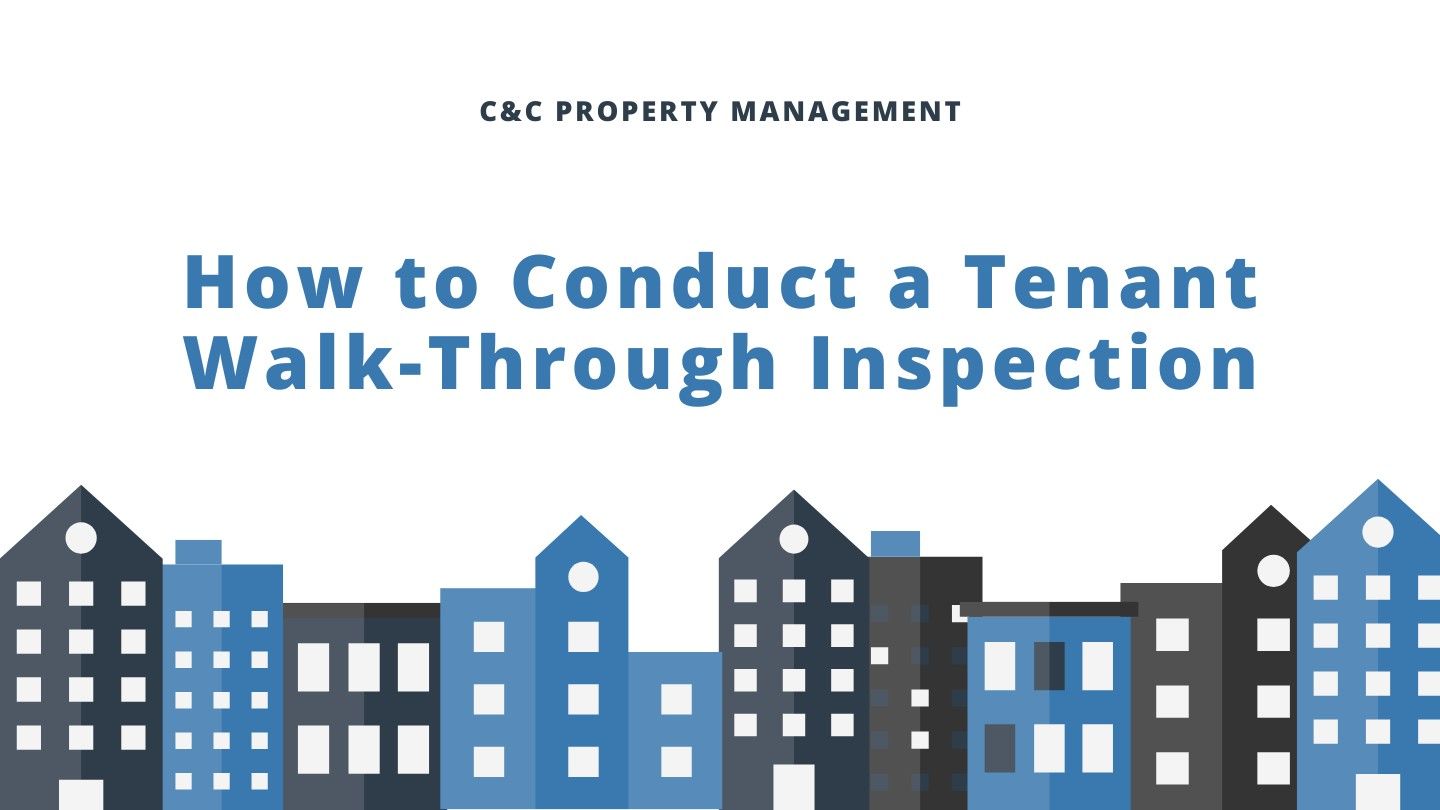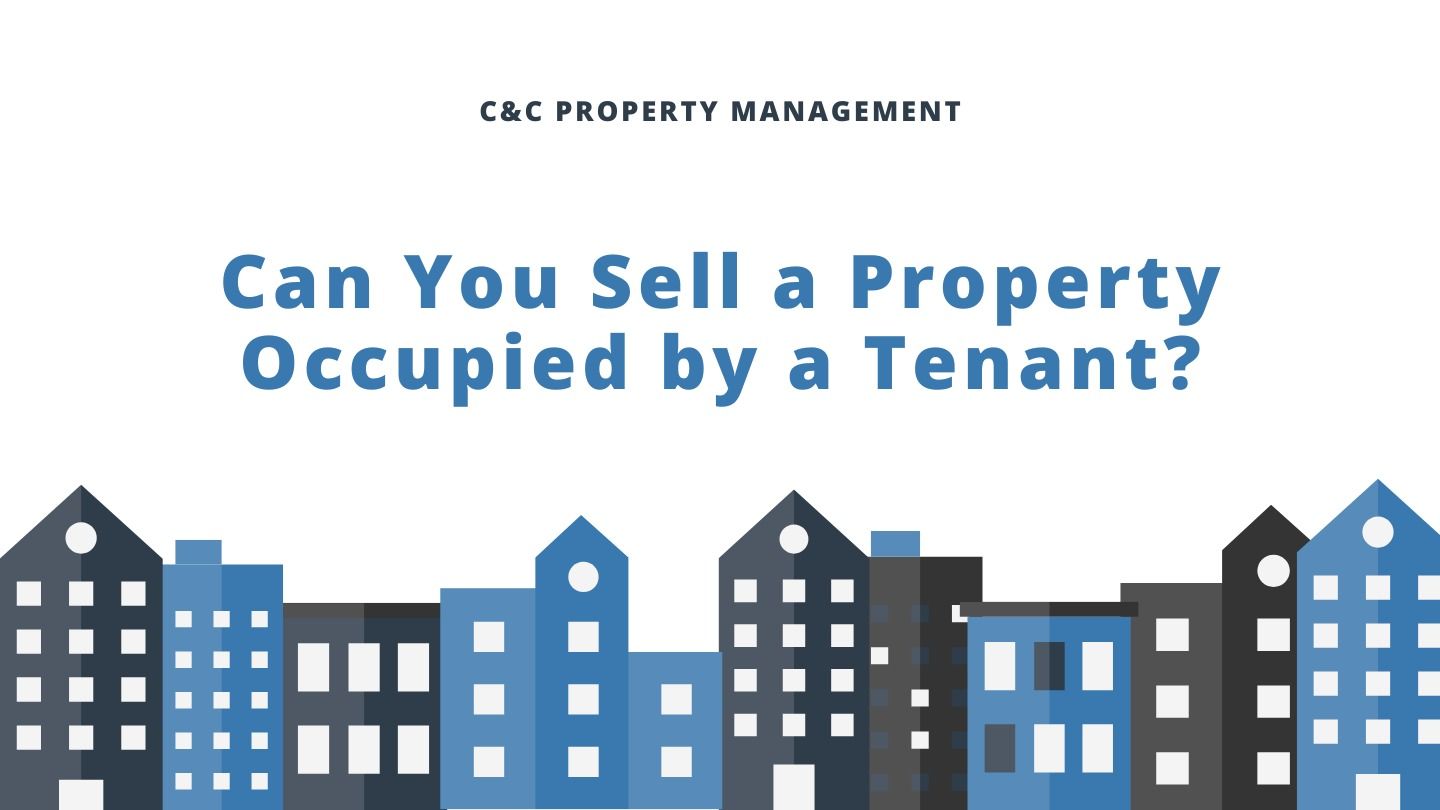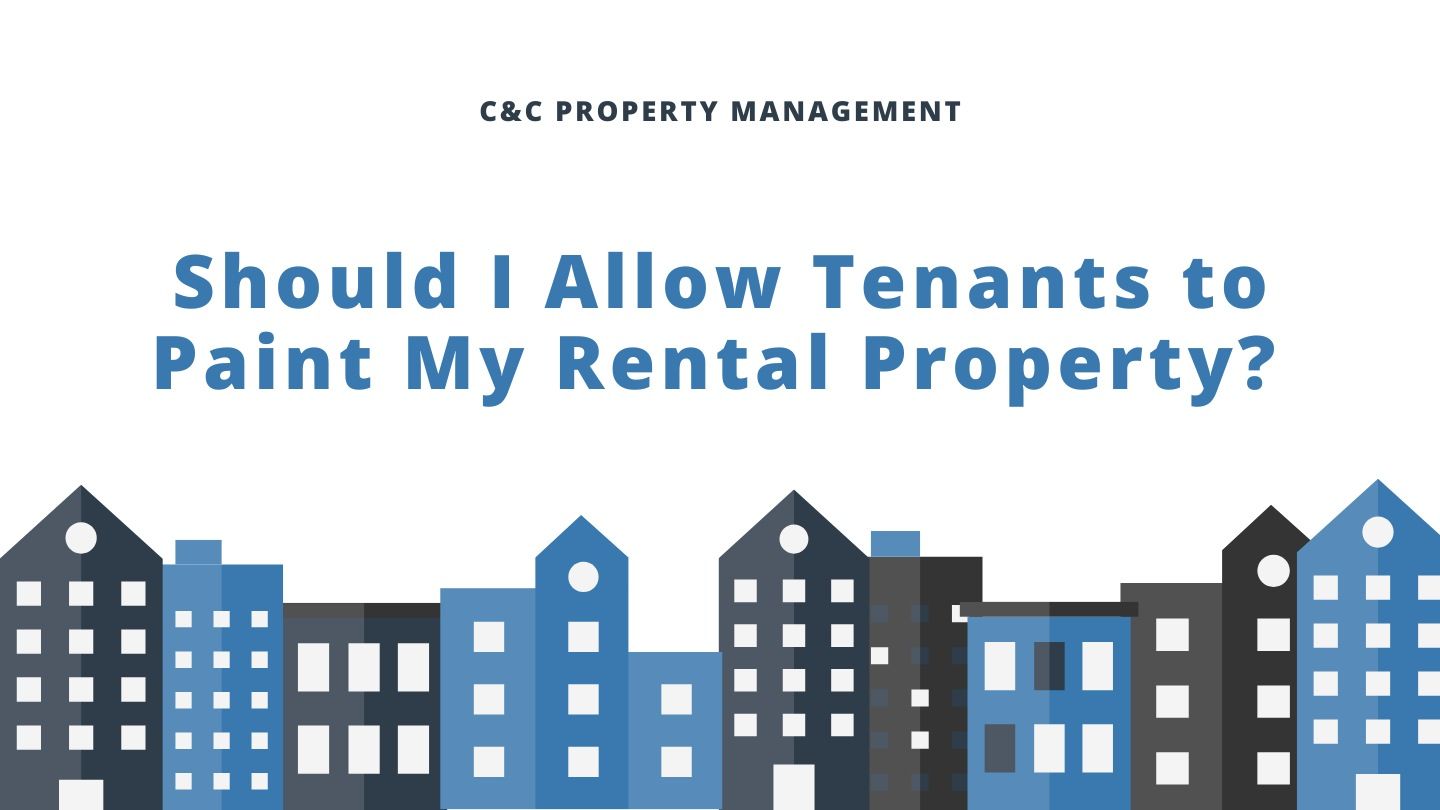Guide to Making a Solid Lease Agreement For Your Rental Property
Are you looking for ways to protect your rental business when renting out your home? Having a robust and legally sound lease agreement is vital for achieving this goal!
Creating a solid lease agreement is a crucial step for landlords in managing their rental properties effectively. This document not only outlines the terms and conditions of the tenancy but also serves as a legal contract that protects both the landlord and the tenant. Here are a few tips for crafting a robust lease agreement that safeguards your interests and ensures a smooth landlord-tenant relationship:
Understanding the Importance of a Lease Agreement
A lease or rental agreement is more than just a piece of paper; it's a legally binding contract that lays out the expectations and responsibilities of both parties. It covers everything from rent payments and security deposits to property maintenance and tenant behavior. A well-drafted lease can prevent misunderstandings and disputes, making it easier to manage your property and maintain a positive relationship with your tenants.
Key Components of a Lease Agreement
There are several elements of a lease that help protect all signing parties. To make your lease agreement solid and comprehensive, ensure it includes the following key components:

- Parties Involved: Identify the landlord or management company and all tenants. It's important to include all adults living in the rental as signatories to hold them jointly responsible for complying with the lease terms.
- Property Description: Provide a detailed description of the rental property, including its address, property type, and any specific amenities or features.
- Lease Term: Clearly state the duration of the lease, noting the state and end date. Decide whether it's a fixed-term lease or a month-to-month arrangement, and outline the process for renewal or termination.
- Legal Clauses: Incorporate clauses covering subletting policies, termination procedures, and eviction terms. Include a severability clause to ensure the rest of the lease remains valid.
- Rent Details: Outline the rent amount, acceptable payment methods, due date, and any penalties for late payments. Include details about rent increases and ensure they comply with local laws.
- Security Deposit: Specify the amount, use, and return conditions of the security deposit.
- Maintenance and Repairs: Clarify the responsibilities for property maintenance. Include guidelines for requesting repairs and the expected timeframe for addressing them.
- Rules and Regulations: Set forth rules regarding noise, pets, smoking, alterations to the property, and other behaviors.
- Signatures: Ensure all parties sign and date the agreement.
Ensure Compliance with Local Laws and Regulations
Landlord-tenant laws vary significantly from one jurisdiction to another. It's imperative to familiarize yourself with local regulations. This includes understanding rent control laws, security deposit limits, required disclosures, and tenants' rights.
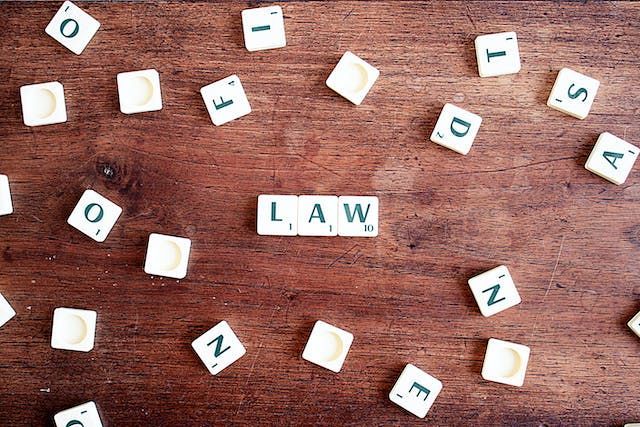
Clarity and Specificity in a Lease
Avoid vague language that could lead to different interpretations. Be explicit about your expectations and the consequences of violating the lease terms. Make sure tenants also know what happens to their belongings that are left behind after they vacate the property, when their security deposit will be returns, and what their rights are. This clarity helps prevent misunderstandings and provides a stronger basis for enforcement should issues arise.
Include Flexibility and Fair Terms
While it's important to protect your interests, ensure your lease terms are fair and reasonable. Unfair or overly restrictive clauses can deter potential tenants and even be legally unenforceable. Striking a balance between protecting your property and respecting tenants' rights is key to a successful landlord-tenant relationship.
Review and Update Agreements Regularly
Laws and regulations change, and so do your property management needs. Regularly reviewing and updating your lease ensures it remains relevant and compliant. It's also an opportunity to incorporate changes based on feedback from tenants.
Consider Professional Assistance
A local professional who is well-versed in the landlord-tenant law in the state of California can help draft a comprehensive and compliant lease. They can also provide valuable advice on best practices and common pitfalls to avoid. They may also recommend a Tenant Estoppel Certificate.
Why Are Disclosures Important In Your Leases?
Disclosures in lease agreements are crucial to protect both the landlord and the tenant by ensuring transparency and compliance with legal requirements. Here's why disclosures are so important in leases:

Legal Compliance
Many jurisdictions require landlords to make certain disclosures to tenants about the rental property's condition and history, such as the presence of lead-based paint in older buildings or potential flood risks. Ensuring your lease includes these required disclosures helps you comply with state and federal laws.
Informed Decision Making
Disclosures provide tenants with essential information that can affect their health, safety, and enjoyment of the property. By being informed about the property's condition and any significant risks or defects, tenants can make educated decisions before entering into a lease agreement.
Liability Protection
Proper disclosures can shield landlords from liability by documenting that tenants were informed about specific issues or hazards associated with the property before they moved in. If a tenant later tries to file a lawsuit related to a condition that was disclosed before they signed the lease, the landlord may have a stronger defense by having made the disclosure upfront.
Preventing Future Disputes
Disclosures can clarify aspects of the property or leasing agreement such as policies on subletting, noise restrictions, or maintenance responsibilities. Clear disclosures can prevent many common disputes by ensuring both parties have the same understanding of the terms of the lease.
Maintenance and Repair Obligations
Disclosures related to the physical state of the property can help make it clear whether the landlord or tenant is responsible for addressing specific problems. This clarity helps manage expectations potentially avoiding conflicts.
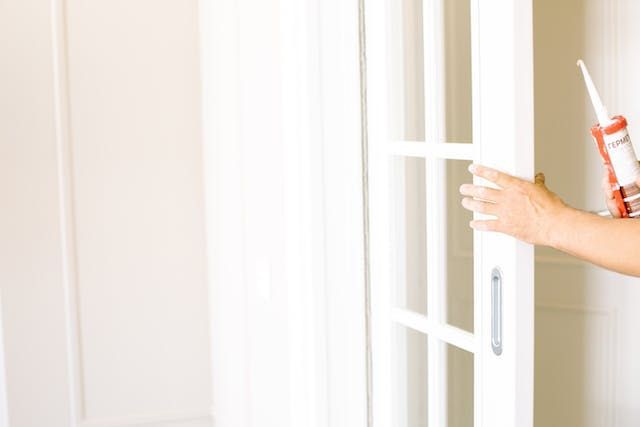
Environmental and Health Hazards
Landlords must disclose specific hazards, like mold, asbestos, or the presence of radon gas, which could impact a tenant's health. These disclosures are vital for tenant safety and can help landlords avoid serious legal repercussions.
Bottom Line
A solid lease agreement not only outlines the terms of the rental arrangement but also serves as a critical tool for protecting your investment and fostering a positive relationship with your tenants. It’s best to work with a professional property manager to ensure that your lease agreements are comprehensive and legally compliant. Contact C&C Property Management for assistance!


